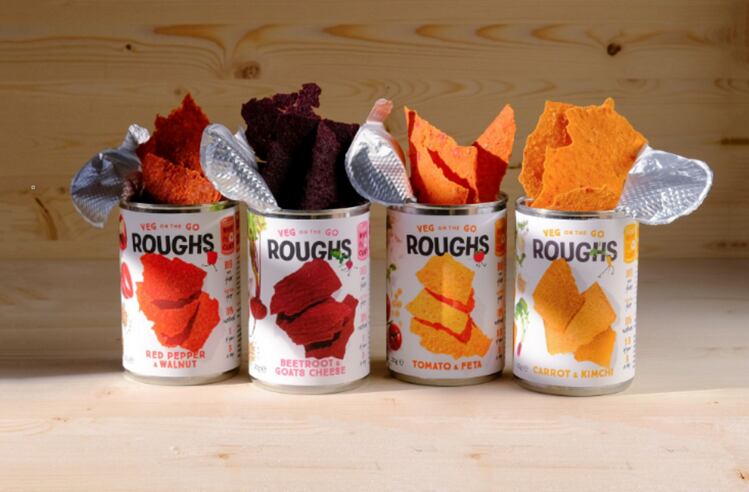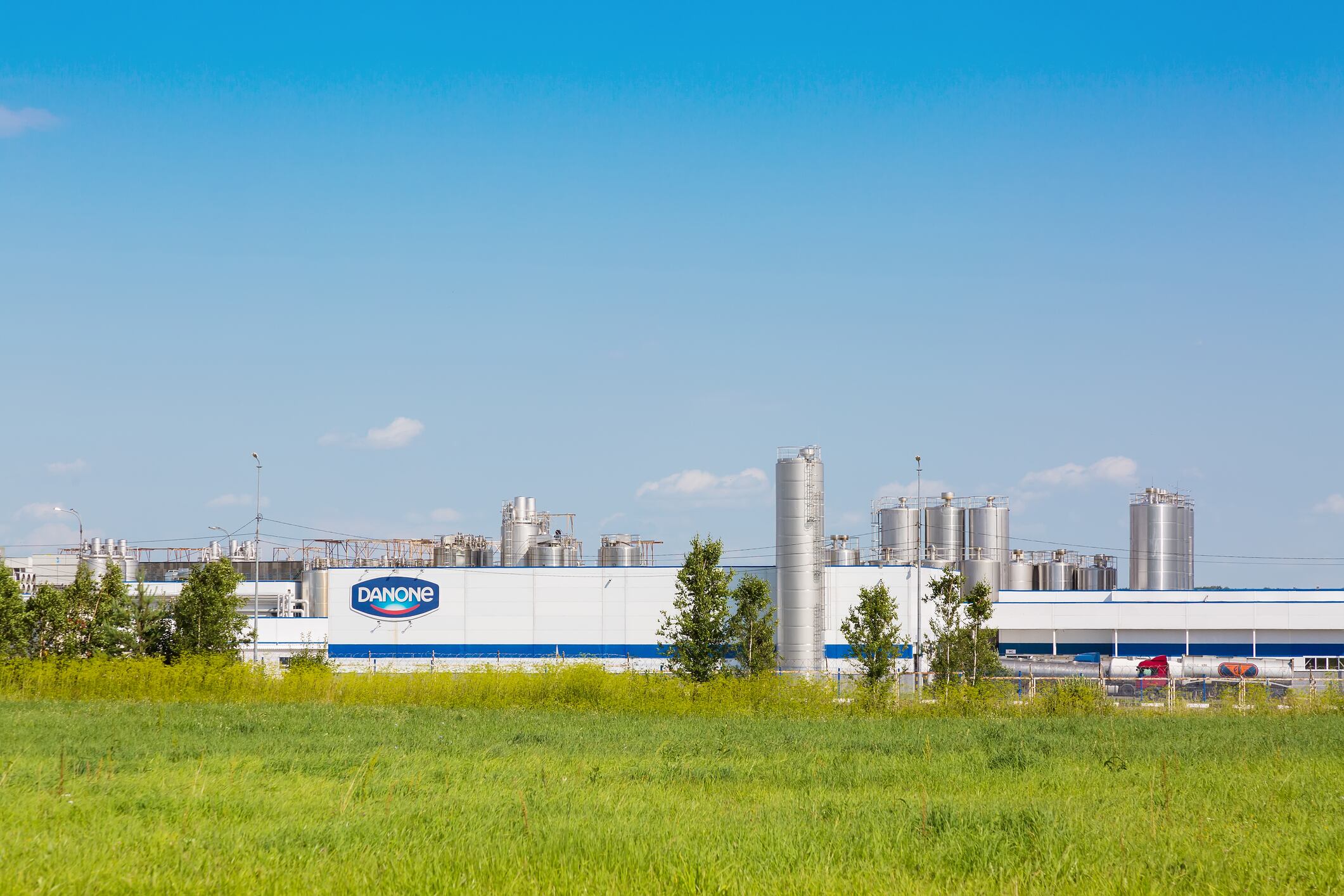“No one's going into their local supermarket expecting to find salad or chicken curry turned into a crisp and so we are not a planned purchase,” explained Satisfied Snacks founder and CEO Heather Daniell at the recent FiE event in Paris.
"From a buyer perspective there's always interest in something new and that can add value in the category, but for us at the moment it would be the wrong decision [to court major retail listings] because no one knows about us yet. We have to spread awareness direct to consumer.”
Sustainability makes economic sense
As well as spreading consumer awareness, the company, whose Rough brand is available in the UK via Whole Foods, is busy putting forward its case that sustainability credentials are of huge value to innovative brands.
"We want to be the brand that we as consumers would purchase from," said Daniell.
The brand does this by attempting to be as efficient as it can with resources. In turn, this can reduce costs and improve supply chain security.
For example, the company has created what it describes as an all-natural, patent pending process that can take vegetables and salad items (its range currently consists of four flavours: carrot and kimchi, roasted red pepper and walnut, beetroot and goat’s cheese and tomato and feta) – or indeed any type of meal – and turn them into crispy wafer snacks without the need to use sugars or starches as binding agents. The product boasts “a confluence of health, taste and convenience,” said Daniell.
Put very simply, the snacks are made by combining the vegetables, spreading them out and dehydrating them, and then packaging them.
“It's an energy intensive process, so our key sustainability initiatives are around energy,” said Daniell. "We use woodchip biomass heat to produce the heat to dry the snacks. We also use 100% renewable electricity which is at the moment coming from hydrogenated vegetable oil and hopefully solar in the future too.”
This method, along with a renewable heat incentive payment from the UK government which supports the introduction of sustainable technologies, will save the brand around £150,000 over 10 years. “And we’re only a small enterprise. Taken on a larger scale, there's real value to the bottom line in having chosen this method of drying our snacks as opposed to having gone for some of the more traditional methods.”
Daniel is also a huge fan of biogas combined heat and power. "This is where you take your plant material, food waste - whatever the offcuts of your process are; you digest them into methane and then produce power with that. This would be ideal for us as we could be produce bother electricity to run lights and produce the heat to dry the snacks."
However, her brand did not opt for this method thanks to the fact that it avoids the problem of food waste. "We don't produce enough food waste to do this: other good businesses might.”
Next, Daniell explained why the brand opted for metal packaging, which is unique in the snacking category.
"We really wanted to not have plastic packaging. Metals are infinitely recyclable and if our packaging were to get into the environment over time it would break down into metal oxides which are in the soil anyway, which is not something that happens with plastic."
This wasn't a difficult decision without trade-offs, however. "It does take more energy to recycle metal than it does to produce plastic so from an energy perspective it does require more, but our feeling is that we are manufacturing with a 100% renewable energy and will continue to look at new compostable materials as they come out. But yet there's nothing in the market that keeps our products nice and fresh and is environmentally friendly."
Vertical integration will continue to drive food innovation
Consumer feedback to the metal material is ‘positive’, she said. She added, too, that consumers at present were ‘responding more to sustainable products’. She added there will there be an economic and a business case for even more integration down the line. "In the UK we’re seeing the example of Ocado looking to grow their vegetables in the warehouses with LED lights. They are going to be the veg grower, the distributor and the end retailer. Will we see more of these Ocado type of models of vertical integration?"





